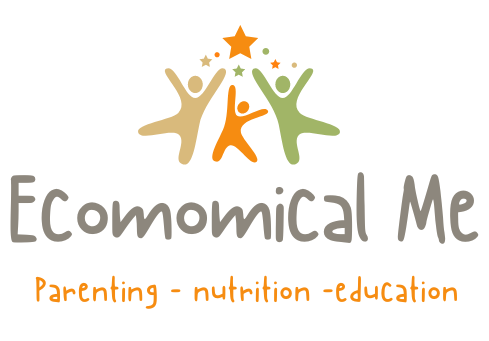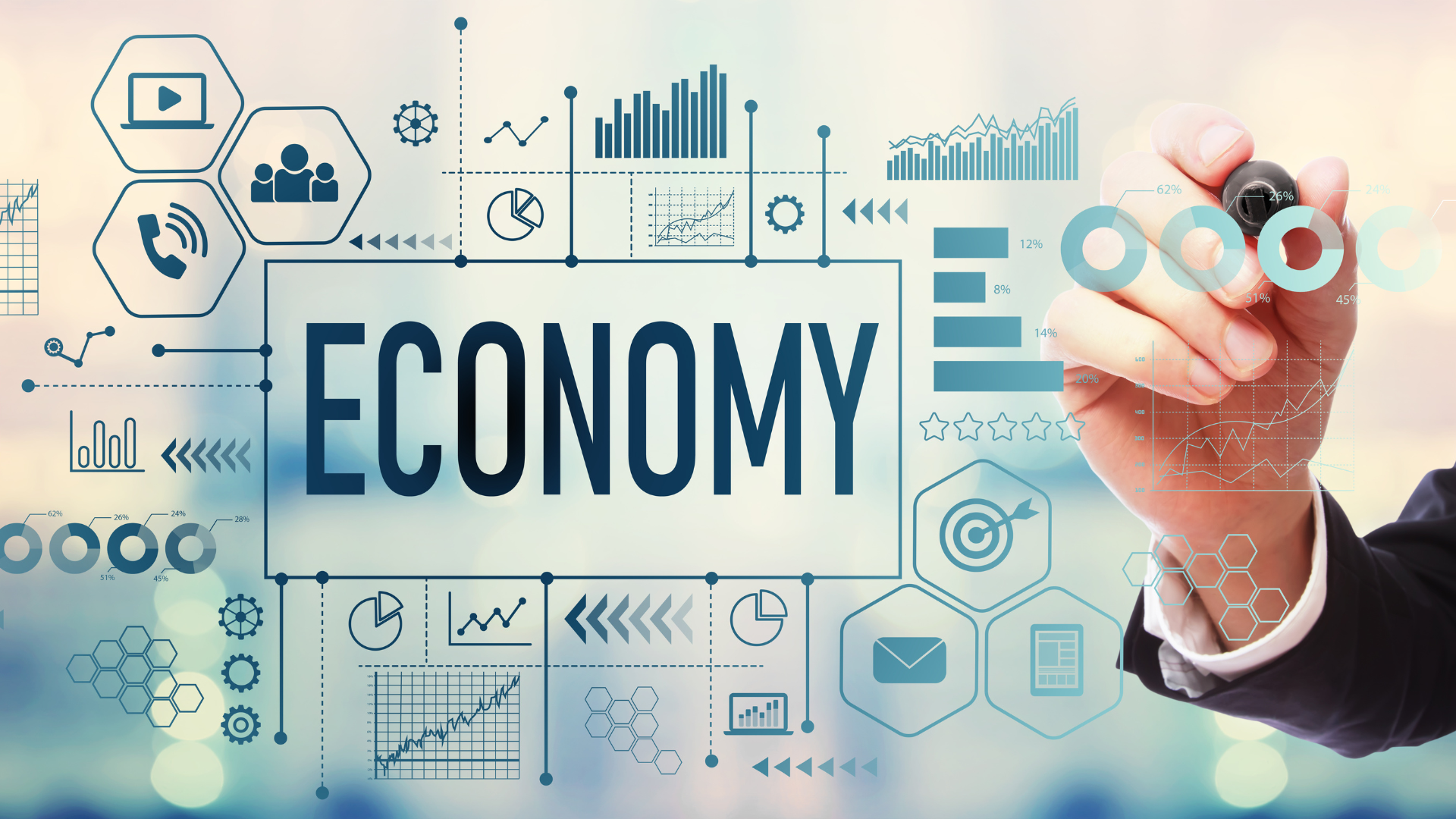With the economy in a state of flux, it is easy to feel overwhelmed and uncertain when it comes to managing your finances. With prices seemingly forever on the rise, and wages staying relatively stagnant, it can be hard to know what the best course of action is when it comes to saving money. In this article, we will explore whether or not saving money is wise in today’s economic climate and outline some strategies for doing so safely and securely.
The Current Economy
The current economy is in a state of flux, with many factors influencing the decision of whether or not to save. The stock market is unpredictable, inflation rates are rising, and interest rates on savings accounts are low. However, there are still some reasons why saving money may be a good idea. By being mindful of your spending and setting aside money each month, you can make headway on your financial goals.
The Pros Of Saving In Today’s Economy
The current economy is characterized by low-interest rates and high unemployment. This has led many people to question whether it is wise to save money in today’s economy.
There are various pros to saving money in today’s economy. One pro is that savings can provide a safety net in case of emergency expenses or unexpected job loss. Another pro is that savings can help you reach your financial goals. Whether you are saving for a down payment on a house, planning your dream vacation, or preparing for retirement, having funds set aside can make these goals attainable. For instance, if you have been longing to visit a specific destination where flight tickets and hotel prices are high, saving up in advance can turn your dream vacation into a reality.
Similarly, as you reach your senior years, unexpected expenses like emergency surgery may arise, highlighting the importance of having funds set aside. Furthermore, if you are living alone and don’t have a support system in place, it might further necessitate hiring a personal caregiver through the consumer directed Services network and providing them with the necessary training to ensure you receive the post-surgery care. While insurance may cover most health-related costs, having a nest egg can offer peace of mind, knowing you have savings to rely on for unexpected expenses.
Ultimately, whether or not it is wise to save money in today’s economy depends on your individual financial situation and goals. If you have a stable income and are able to save regularly, then saving may be a good option for you. However, if you are struggling to make ends meet or are facing significant financial challenges, then saving may not be the best choice at this time.
How To Make Your Money Work For You
One of the smartest things you can do with your money is to make it work for you. There are a few ways to do this, but one of the best is to invest in it. When you invest your money, you’re essentially putting it into something that has the potential to grow over time. This can be a great way to build your wealth over time and secure your financial future.
Of course, investing isn’t the only way to make your money work for you. Another option is to simply save your money. This can be a good choice if you’re not comfortable with investing or if you want to have access to your cash in case of an emergency. Whatever route you choose, make sure you’re doing what’s best for your financial situation.
Different Savings Accounts And What They Offer
There are many different types of savings accounts available, each with its own set of benefits and drawbacks. Here is a brief overview of some of the most popular types of savings accounts:
- Traditional Savings Accounts: These accounts typically offer low-interest rates and limited withdrawal options. However, they are FDIC insured and offer a safe place to store your money.
- High-Yield Savings Accounts: As the name implies, these accounts offer higher interest rates than traditional savings accounts. They often have more restrictions on withdrawals but they can be a good option for those looking to grow their savings quickly.
- Money Market Accounts: These accounts offer higher interest rates than traditional savings accounts and also provide check-writing privileges and limited ATM access. However, they typically require a higher minimum balance than other types of savings accounts.
- Certificate of Deposit (CD) Accounts: CD account holders agree to leave their money deposited for a set period of time (usually 6 months to 5 years). In exchange, they earn a higher interest rate than they would with a traditional savings account. CDs are FDIC insured and offer a safe way to grow your money. However, you will pay the penalty if you withdraw your money before the CD term expires.
- Individual Retirement Accounts (IRAs): IRAs are retirement savings accounts that come in two main varieties – Traditional IRAs and Roth IRAs. Both types offer tax breaks on the money you contribute.
Strategies For Investing In A Low-Interest Rate Environment
When interest rates are low, it can be difficult to find investments that offer a good return. However, there are still strategies that can be used to make the most of a low-interest-rate environment.
One strategy is to focus on investments that offer stability and income rather than growth. This can include things like bonds and dividend-paying stocks. These investments may not provide the same potential for capital gains as growth stocks, but they can still provide a decent return while minimizing risk.
Another strategy is to invest in companies that are able to grow despite a low-interest rate environment. These companies tend to be those with strong fundamentals and competitive advantages. They may not be the cheapest stocks out there, but they should be able to perform well even in a tough economic environment.
Finally, don’t forget about cash savings accounts and other safe places to park your money. Even though the returns may not be as high as other investments, these options can provide peace of mind and safety when rates are low.
Risks Of Investing In Today’s Economy
The current economic conditions are characterized by high levels of uncertainty and risk. Many factors, such as the ongoing trade war with China, the potential for a recession in 2020, and the high levels of debt held by both the government and consumers, have led to concerns about the stability of the economy.
For savers, these conditions can create a difficult decision about what to do with their money. Should they keep it in cash, which may not keep up with inflation? Or should they invest it, which carries the risk of losses if the economy weakens? There is no easy answer to this question. Ultimately, each saver will need to weigh the risks and rewards of saving versus investing based on their own personal circumstances. However, there are a few general considerations that can help guide this decision.
First, cash deposits are FDIC-insured up to $250,000 per account holder. This means that your savings are protected in the event of a bank failure. Investments, on the other hand, are not FDIC-insured and can lose value if the underlying asset declines in value. Second, cash typically provides very little return after accounting for inflation. Over long periods of time, investments have historically outperformed cash despite periods of market volatility. This is because investments provide exposure to compounding returns that can help offset any short-term losses.
While saving money can be difficult in today’s economy, it is still an important and wise decision to make. Saving now will help you prepare for life’s unexpected events and ensure that your future will remain secure and comfortable. Start by creating a budget or using a savings tool like automatic transfers or high-interest accounts to keep track of your progress. With the right approach, you can save successfully in any economy!

